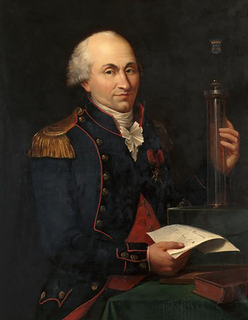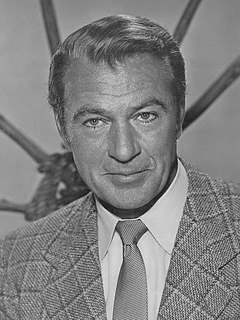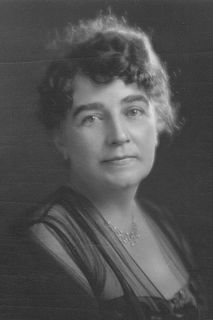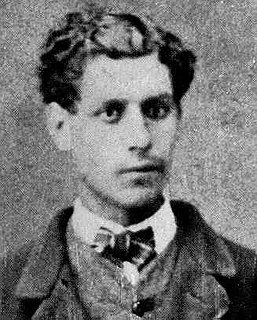A Quote by Arthur Helps
The man who could withstand, with his fellow-men in single line, a charge of cavalry may lose all command of himself on the occurrence of a fire in his own house, because of some homely reminiscence unknown to the observing bystander.
Related Quotes
In whatever area in life one may meet the challenges of courage, whatever may be the sacrifices he faces if he follows his conscience - the loss of his friends, his fortune, his contentment, even the esteem of his fellow men - each man must decide for himself the course he will follow. The stories of past courage can define that ingredient - they can teach, they can offer hope, they can provide inspiration. But they cannot supply courage itself. For this each man must look into his own soul.
Under our institutions each individual is born to sovereignty. Whatever he may adopt as a means of livelihood, his real business is serving his country. He cannot hold himself above his fellow men. The greatest place of command is really the place of obedience, and the greatest place of honor is really the place of service.
The result of observing only the universe is anxiety. Only observing the Observer of the universe will put a stop to a man's worrying and fussing and scheming. When his interest is diverted inwards he naturally relaxes his hold - his stranglehold - on the outer world. Having withdrawn his capital and paid it into his own Central Bank (where it appreciates to infinity), he has nothing to lose out there and no reason for interfering. He knows how to let things be and work out in their own time. He's in no hurry. Knowing the Self, he can hardly fail to trust its products.
He is not famous. It may be that he never will be. It may be that when his life at last comes to an end he will leave no more trace of his sojourn on earth than a stone thrown into a river leaves on the surface of the water. But it may be that the way of life that he has chosen for himself and the peculiar strength and sweetness of his character may have an ever-growing influence over his fellow men so that, long after his death perhaps, it may be realized that there lived in this age a very remarkable creature.
No man is so foolish but may give another good counsel sometimes; and no man is so wise, but may easily err, if he will take no others counsel but his own. But very few men are wise by their own counsel; or learned by their own teaching. For he that was only taught by himself had a fool to his master.
The lowest standards of ethics of which a right-thinking man can possibly conceive is taught to the common soldier whose trade is to shoot his fellow men. In youth he may have learned the command, 'Thou shalt not kill,' but the ruler takes the boy just as he enters manhood and teaches him that his highest duty is to shoot a bullet through his neighbor's heart - and this, unmoved by passion or feeling or hatred, and without the least regard to right or wrong, but simply because his ruler gives the word.








































